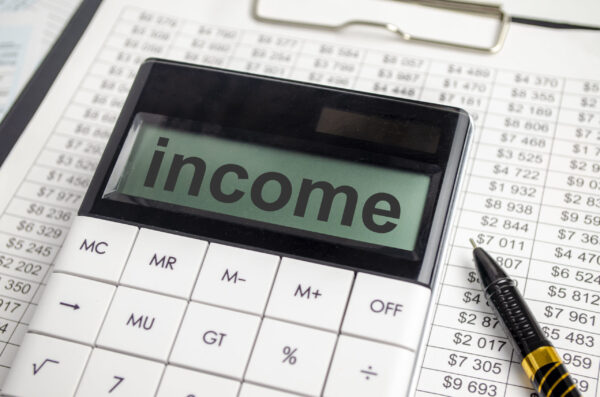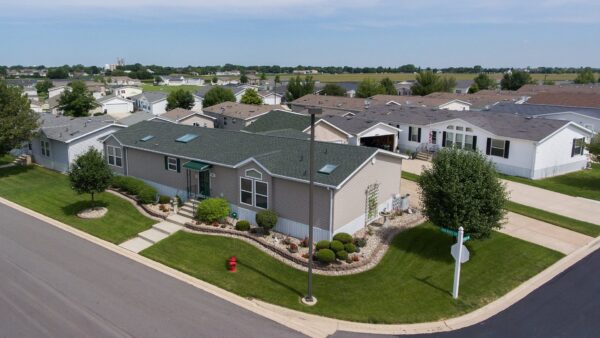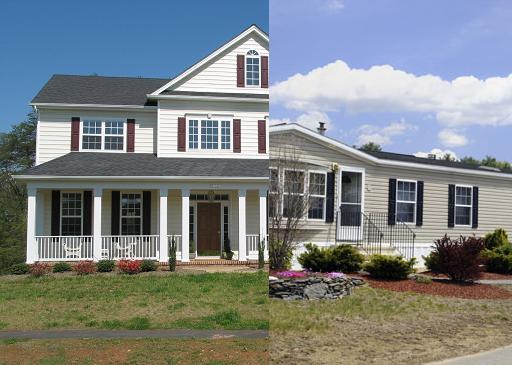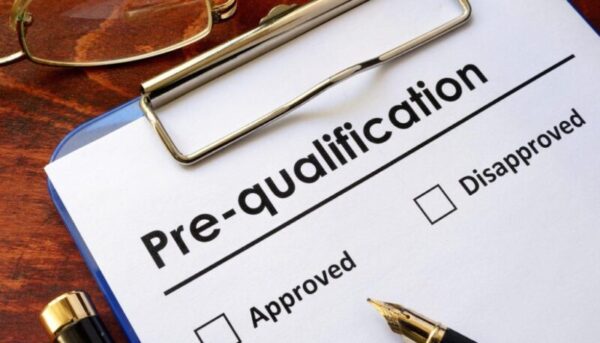To make sure your loan process is a smooth and easy one, it’s important to know the documents needed for a manufactured home loan. Here’s a simple guide to help you get everything ready:
- Proof of Identity
- What It Is: This is to show that you are who you say you are.
- Examples: Must be a picture ID like a driver’s license, passport, or state ID. The ID must be unexpired. If the ID is expiring in the next 30 days – you’ll need to renew it.
- Proof of Income
- What It Is: Lenders want to see that you have steady income, that will last into the foreseeable future, to repay the loan.
- Examples: If you’re working, you’ll need to provide pay stubs from your job (usually the most recent 30 days) and W2s. If you’re receiving Social Security, you’ll need to provide your Benefit Verification Letter from the Social Security Administration (SSA) and if you’re receiving a pension, a pension statement and proof of pension deposits into your bank account. If you’re self-employed, you’ll need to provide tax returns from the most recent two (2) tax years. You should know – things like, workmen’s compensation, unemployment or short-term disability will NOT be considered.
- Proof of Down Payment
- What It Is: This shows you have the funds to pay your down payment.
- Examples: Most recent bank statements, retirement account statements, or even a gift letter from family or friends who plan to gift you your down payment funds. If you’re purchasing a manufactured home to place on land you own – you may even be able to use your land equity for your down payment – in this case a land appraisal or similar would be needed.
- Proof of Park Approval and Lot Rent
- What It Is: If you’re purchasing a mobile home in a park community – you’ll have to be park approved before your loan finalizes. Your lender will also need to confirm the lot rent amount.
- Examples: Your lender will usually have a form for the park to complete, verifying the lot rent amount and that you’ve been approved to live there.
- Proof of Ownership
- What It Is: Lenders must make sure that the person selling you the manufactured home is the owner of record or that owner’s legal representative.
- Examples: If you’re buying a manufactured home in park a community – you’ll need to get a copy of the mobile home title. If you’re buying a manufactured home on private land – a title company will usually do the legwork of verifying the seller’s ownership.
- Proof of Real Property (if applicable)
- What It Is: If you’re purchasing a manufactured home on private land – in order to be eligible for financing like FHA, VA, USDA, or a conventional loan – there must be proof that the home is real property (or real estate) and not personal property (which what a home on leased land in a park community would be).
- Examples: This proof is usually going to be in the form of an Affidavit of Affixture filed with your state’s Secretary of State or county recorder.
Why All This Matters
Knowing what documents are needed for a manufactured home loan will make your loan process a smooth one. Tip: Make sure all your documents are up-to-date and accurate. Double-check everything before you submit it! By getting these documents together, you’ll be one step closer to owning your new manufactured home. Contact us at Midwest Mobile Home Loans today!









